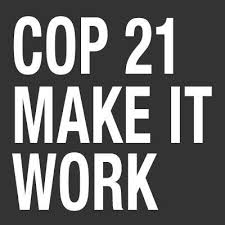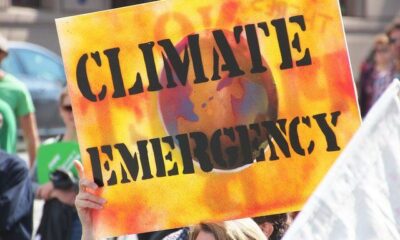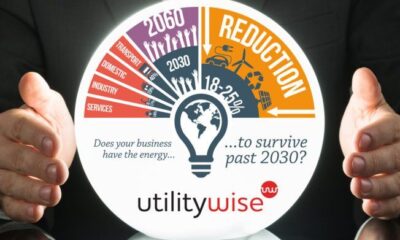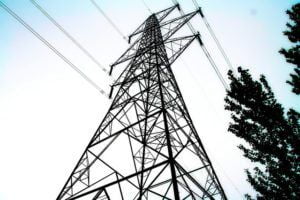

Economy
The World Energy Council expresses “concern” about the progress and ambition of the climate talks
The World Energy Council is to write to all Parties to the United Nations Framework Convention on Climate Change expressing concern over the level of progress and ambition over the state of the climate talks. The clear message from the World Energy Council’s meetings during its Executive Assembly in Addis Ababa is that key actions are required to enable the energy sector to deliver a sustainable energy system.
Christoph Frei, Secretary General of the World Energy Council, said: “The energy leaders’ community is increasingly concerned about the slow progress and level of ambition in the negotiations ahead of the COP21 meeting in Paris. We want to affirm to the Parties that the energy sector across the world is ready to respond to a strong signal from Paris to accelerate the energy transition.”
In the message, which has been developed following extensive consultation with energy leaders from the private and public sector around the world, the World Energy Council is calling for “A clear carbon pricing scheme in line with the global objectives that will allow all to make efficient economic decisions.”
Whilst recognising the many measures already being undertaken on the ground and to be discussed in Paris, the Council’s leadership has highlighted that this measure is the key priority to enable the historic energy transition taking place. The message urges determined pragmatism from all sides to deliver such a global agreement that enables significant on-going action beyond dogmatism.
In an address to the World Energy Council’s annual meeting in Addis Ababa, Ethiopia, Christiana Figueres, Executive Secretary of the United Nations Framework Convention on Climate Change, responded to the message, highlighting the leadership of the organisation in the run-up to Paris and said: “It is encouraging to see the messages from the World Energy Council to the UN Climate Change Conference in Paris. These messages are a strong signal that the energy transformation that is by now inevitable, irreversible and irresistible, needs predictable policy to speed up and scale up.”
Marie-José Nadeau, Chair of the World Energy Council, said: “We recognise the difficulty of bringing so many different positions together, but from all parts of the energy sector the message is clear – we need a clear signal.”
She added: “A historic energy transition is needed; the energy sector will be core to the solution and will be fundamental to the successful implementation of the agreement. An energy transition is taking place in many countries, but in the boardrooms and in the energy ministries, leaders need the right framework to enable real world solutions that will unlock the finance and enable the technologies needed to be scaled. The energy sector is calling on governments and policymakers to show their leadership and translate their intentions into concrete action.”
The World Energy Council’s message goes on to support the inclusion of the Intended Nationally Determined Contributions track in the negotiations. However, it also highlights that ‘translating the international objective to the national level for energy requires an Energy Trilemma approach, which balances the needs of energy security, environment and social agenda’. The letter from the World Energy Council will be sent with the latest World Energy Trilemma Sustainability Index, which ranks 130 countries energy systems and provides pathways to sustainable energy policies.
The Council also commits to supporting the “long road from Paris” by making available its 23rd World Energy Congress, to be staged in Istanbul, Turkey in 2016 between 9 and 13 October. The Congress will provide a platform to engage with the energy sector and move the agenda forward. Up to 10,000 delegates are expected to attend the event from all sides of the energy community. Over the 90 years history of the World Energy Congress, the event has been able to bring together CEOs, ministers and leaders to discuss and seek solutions to the challenges facing all parts of the energy sector. Christoph Frei added: “We are faced with an existential threat, but with the right incentives, solutions can be found to embrace this new frontier.”


 Environment12 months ago
Environment12 months agoAre Polymer Banknotes: an Eco-Friendly Trend or a Groundswell?

 Features11 months ago
Features11 months agoEco-Friendly Cryptocurrencies: Sustainable Investment Choices

 Features12 months ago
Features12 months agoEco-Friendly Crypto Traders Must Find the Right Exchange

 Energy11 months ago
Energy11 months agoThe Growing Role of Solar Panels in Ireland’s Energy Future





























